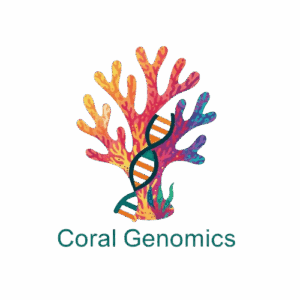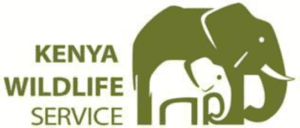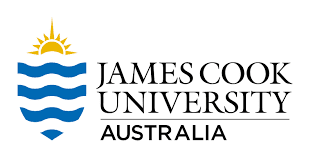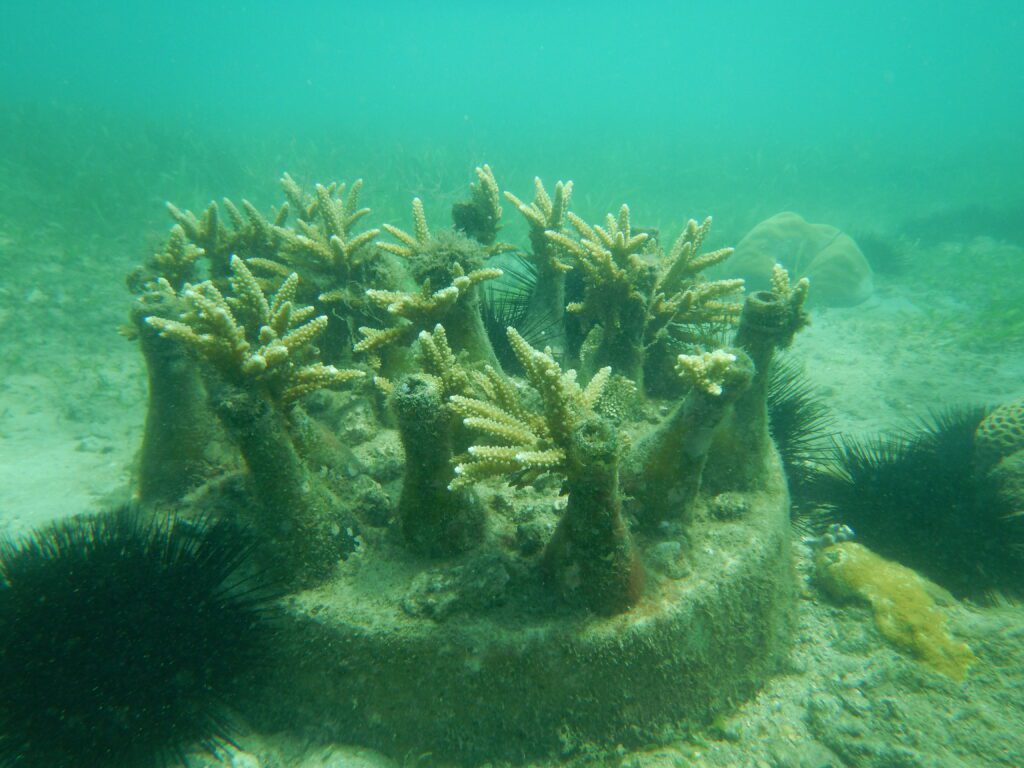
Coral reefs are biodiversity hotspots and vital to ocean health, yet they face escalating threats from climate change, ocean acidification, pollution, and overexploitation. These pressures have led to widespread bleaching events, population declines, and the loss of entire reef systems, jeopardizing the ecological balance and livelihoods of coastal communities that depend on them.
To protect and restore these critical ecosystems, a deeper understanding of coral diversity and evolutionary history is essential. Traditional taxonomy, often based on morphology, has struggled to resolve coral species boundaries due to their high plasticity and the presence of cryptic species. Genomics offers a transformative solution, revealing the hidden genetic diversity that underpins coral adaptation, resilience, and speciation.
The Coral Genomics Study harnesses cutting-edge sequencing technologies, including low-coverage whole genome sequencing, restriction associated DNA sequencing (RADSeq) and long-read sequencing, to explore the genetic blueprint of Kenyan corals. By integrating genomic, ecological, and conservation data, this project aims to clarify coral taxonomy, identify adaptive markers, and guide evidence-based restoration strategies that strengthen reef resilience under changing ocean conditions.
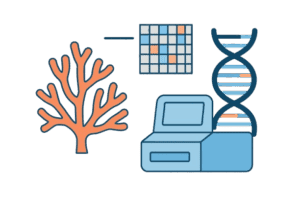
Low Coverage – Whole Genome Sequencing (lcWGS)
Cost-effective genome-wide sequencing for species-boundary resolution and phylogenetics
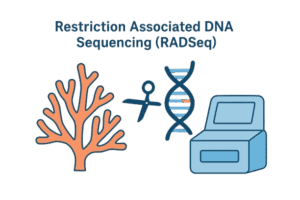
Restriction Associated DNA sequencing
High resolution genetic insights in coral phylogenetics and genetic diversity
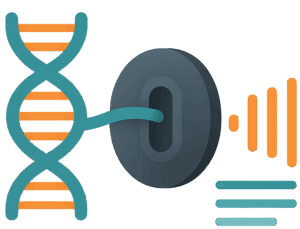
Long reads Sequencing
Complementing lcWGS and RADSeq, long-read sequencing on key samples improves marker resolution and uncovers structural variants. These data help refine diagnostic loci and reveal complex coral genome features invisible to short-read approaches.
Coral Taxonomy
Validation and delineation of coral species boundaries in Kenya.
Population Genomics
Understanding the population genetics of coral populations on the Kenyan coast.
Coral Species Field Identification Kits
Development and validation of field-ready coral species identification kits.
Capacity Building and Partner Engagement
Recruiting and training research students, writing SOPs and deploying developed tools to partners and stakeholders.
Delimit and validate Kenyan coral species
Leverage low cost whole genome sequencing (lcWGS) and triple enzyme restriction associated DNA sequencing (3RADSeq) to generate high quality genomic data. These datasets will be used to infer phylogenetic relationships and accurately delineate the boundaries of Kenyan coral species under restoration.More on the objectives page …
Identify and map QTLs predictive of species identity
Utilise bioinformatics tools to skim the coral genomes, then identify, prioritise and validate the diagnostic QTLs. The QTLs in the finalised list will be prioritised based on specificity and reproducibility.
Develop and optimise field-ready PCR protocols
Design and optimise diagnostic SNP panels and PCR protocols for accurate and reliable species identification in the field. More on the objectives page …
Estimate genetic diversity
Quantify the intraspecific genetic diversity of coral populations and interpret reef-scale diversity to assess resilience to drastic environmental change. More on the objectives page …
Capacity building and partner engagement
- Recruit and train research students (Master’s and PhD levels).
- Develop standard operation protocols (SOPs) and handbooks and deploy them to partner institutions and stakeholders.
- Conduct workshops and trainings on the developed SOPs and handbooks.
- Deploy the developed handbooks and SOPs to partner institutions. More on the objectives page …
This project is proudly supported and funded by Revive & Restore, whose mission empowers us to explore genome-based innovations for coral resilience and marine biodiversity restoration.

revive & restore
Revive & Restore's mission is to enhance biodiversity and restore ecosystems through the genetic rescue of endangered and extinct species.
Revive & Restore is the leading wildlife conservation organization promoting the incorporation of biotechnologies into standard conservation practice.
This project brings together molecular biologists, bioinformaticians, marine ecologists, zoologists, coral reef ecologists and conservation partners to build a genomics framework for corals in Kenya.
By bridging genomics and taxonomy, we aim to provide actionable knowledge to support coral reef conservation efforts worldwide.
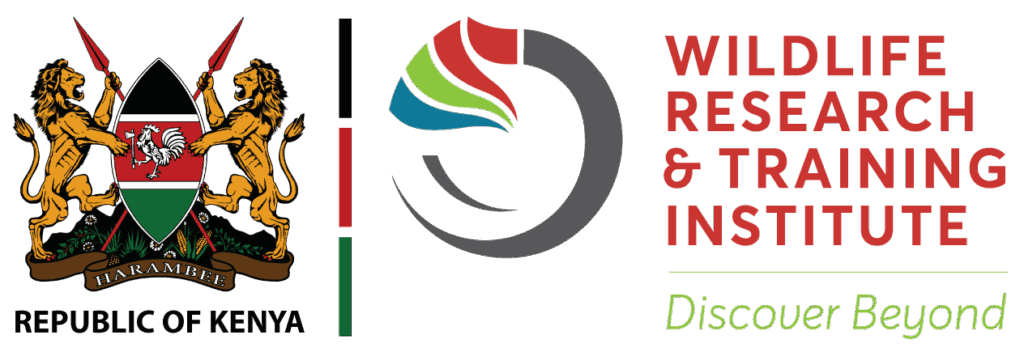
During the entirety of this project, resources such as detailed progress reports, SOPs, laboratory protocols and links to other resources such as GitHub will be shared to enhance transparency. Media appearances to raise awareness on the tools to be deployed in the field will also be shared. Peer-reviewed papers resulting from the work done in the project will be part of the resources shared.
Coming soon! Stay tuned!
